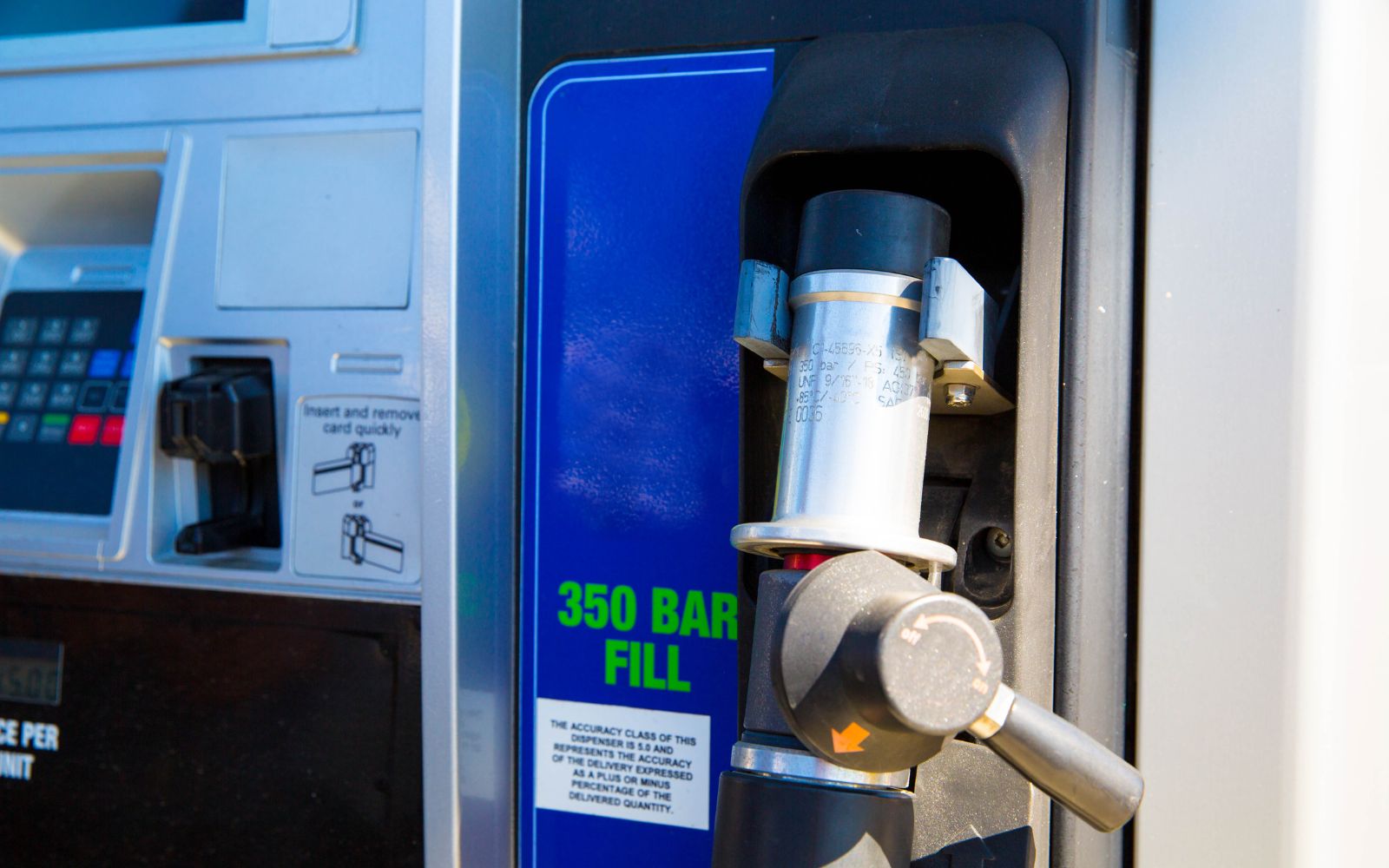
Businesses & Alternative Fuel Vehicles: Fast Facts
April 14, 2023If you read the latest media reports, it’s easy to come to the erroneous conclusion that electric vehicles (EVs) have replaced all other forms of transportation, save company owners plenty of money, and are consumer favorites. The reality is quite different. While electric-powered cars, trucks, and vans have made small inroads into the consumer and commercial niches, vehicles that run on gasoline and diesel fuel still dominate the landscape. But fuel cell (hydrogen powered), electric, and other alternative fuel vehicles like hybrid commercial modes of transport are competing for second place in the hearts and minds of individuals and business owners.
Hydrogen fuel cells have received nowhere near the attention they deserve, while media outlets continue to lopsidedly cover EVs as the up-and-coming replacement for traditional cars and trucks. What are the pros and cons of fuel cells that operate on clean hydrogen? How can today’s fleet managers keep harmful emissions as low as possible? What roles do safety and economic viability play in the commercial vehicle market? Here are details about those questions and others as they relate to the commercial transport industry’s slow conversion to alternative fuels.

Hydrogen Could Be the Alt-Fuels Solution
Hydrogen powered fuel-cell vehicles are well known in commercial circles, even if they are mostly unknown among retail car and truck buyers. But in the past two decades, the cost of producing and operating them has come down far enough to make them economically feasible for many corporate clients. You should expect that transport will be the most popular hydrogen fuel application worldwide in the not so distant future. Hydrogen fuel costs are going down, produces nothing but clean water as a by-product, and delivers instant, efficient power to engines.
Fleet Managers Focus on Minimizing Emissions
For today’s fleet managers, the name of the game is cost minimization. But that doesn’t mean these professionals ignore vital sub-categories of that goal, like customer satisfaction, driver safety, and minimal pollution. Transport supervisors must meet strict smog certification standards in places like California. Even if their fleets include a handful of hybrid, hydrogen, electric, or other clean trucks, they still need to deal with smog rules.
Government transport fleets that travel through or entirely inside the state of California spend a considerable amount of time stopping for smog measurements. Fortunately, fleet supervisors can review an informative guide about how to use telematics systems to minimize downtime and still meet all emissions testing standards in the state. That means lower costs of operations and more on the road time for the company’s drivers.
Safety is a Core Concept
Be careful to compare safety records of different vehicle types to make an informed judgment about their comparative values. Few entrepreneurs realize that hydrogen fuel cell cars and trucks are as safe as electric and combustion versions. In fact, gasoline and diesel fuel are far more likely to cause fires than either EVs or fuel cell cars. All technology comes with its own safety challenges, especially in the transportation industry, where multiple alternatives exist, and the market is in a state of transition.
Economic Viability Drives Choices
Business owners like to talk about their many altruistic values and social concerns. That’s how the world of commerce operates. But the reality is that few entrepreneurs or investors would stick around to toil in unprofitable entities that paid them nothing. When it comes time to pony up the capital for commercial cars, trucks, buses, vans, and other modes of transportation, the decision making process focuses on economic realities, like long-term profitability, cost of ownership, potential maintenance costs, fuel budgets, and other money-oriented concerns.
Electric, hybrid, hydrogen powered, clean diesel, and gas fueled automobiles all come with a long list of pros and cons. Right now, the engine of choice for corporate needs runs on gasoline or diesel fuel in a combustion engine. Whether hydrogen fuel cells or electric modes of transport replace the two fossil-based favorites might not become clear for another decade or more.



 With over 15 years of reporting hydrogen news, we are your premier source for the latest updates and insights in hydrogen and renewable energy.
With over 15 years of reporting hydrogen news, we are your premier source for the latest updates and insights in hydrogen and renewable energy.